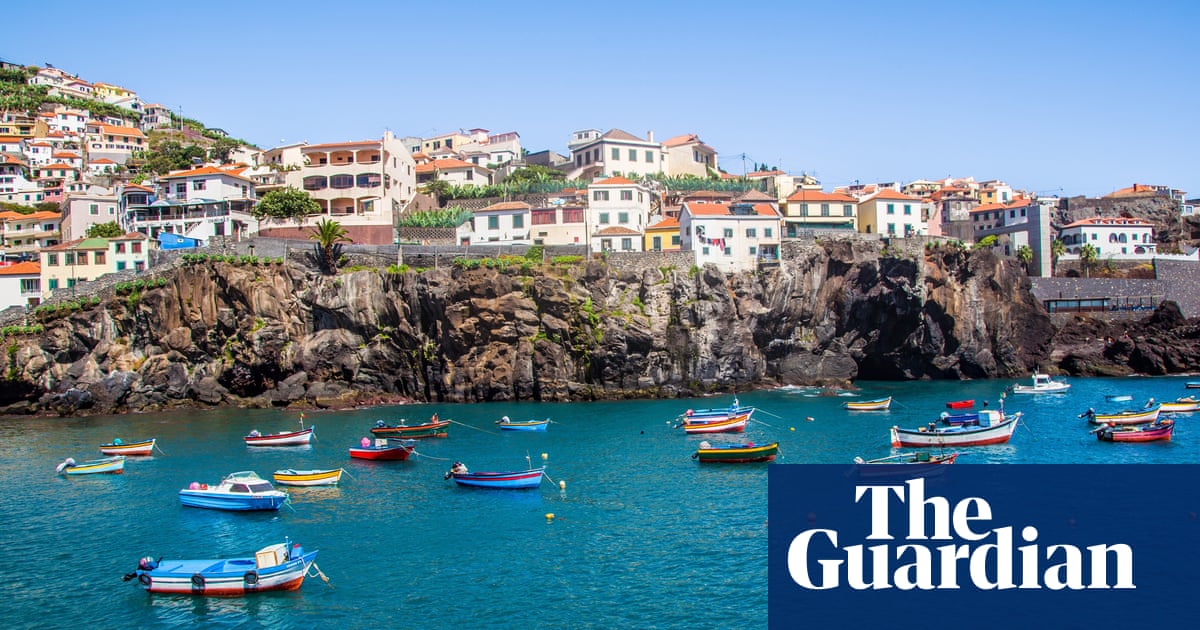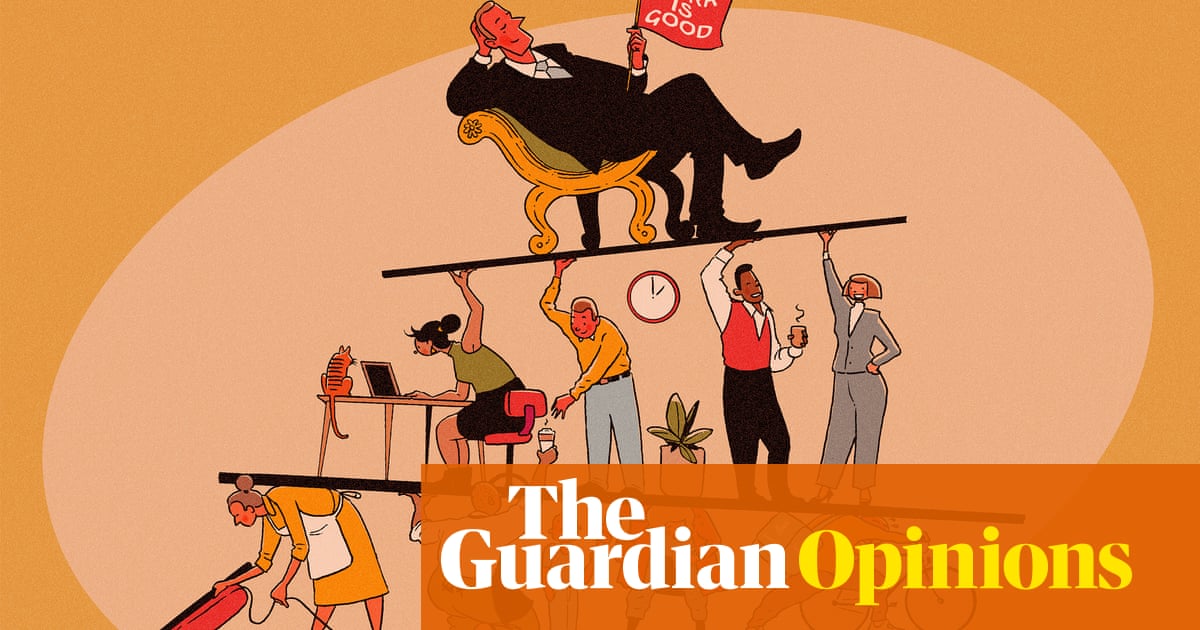
Astatue of Cristiano Ronaldo towers over a crowd of admirers as they queue to have their photos taken with it. One young man with a leather satchel thrown over his shoulder giddily takes his turn. I’m watching from the roof of the Pestana CR7 hotel in Funchal, Madeira.
This CR7 is less like a hotel and more like a safari into the mind of a narcissist. Ronaldo is everywhere. Signed shirts from his appearances for Manchester United, Real Madrid and Portugal adorn the walls. There’s Ronaldo’s face on the facade, bathroom mirrors, on the door of the main suite and above every bed. This is Ronaldo Island, after all. Even the airport is named after him.
The hotel has quirks: there are dummy CCTV cameras in the bathrooms, pointing at the shower purely for novelty factor. I cover mine with a towel, just in case. Fortunately, I’m not just here for the CR7 experience; I’m visiting my uncle in Machico, Madeira’s historical capital, half an hour’s drive from Funchal. If you do come here, after you’ve worshipped the Portuguese megastar, toured Funchal, braved the glass viewing platform on Cabo Girão’s skywalk, get out of the city and explore.
I’m lucky. My uncle Pete, (not my real uncle but a former care worker who cared for me in a children’s home) has retired here and is looking after a villa for one of his friends, so I skirt accommodation costs. However, there are good deals all over the island, especially if you come out of season, and Madeira has a subtropical climate and boasts year-round sunshine. There’s never a bad time to visit.
Pete acts as a tour guide for the week, and with his 15-year-old staffy, Lulu, we head out in a rickety old Renault Clio, which huffs and puffs up the island’s steep highways, through long mountain tunnels, and along winding dusty dirt tracks.
Madeira is on a dormant volcano and the fertile soils have produced a lush landscape. We drive past elegantly landscaped rows of trees, African tulip with their bright red flappy flowers and tall eucalyptus interspersed with clusters of purple shrubs and palm trees.
“You see how the mountain looks like it has steps?” Pete says, gesturing at the terraces staggered on the mountains. “They’re farms.” The landscape has forced local people to farm vertically; they mostly grow bananas for the Portuguese mainland and grapes for madeira wine.
Off road are an abundance of trails to hike, caves to explore, beaches and taverns. Outside Funchal, it’s all reasonably priced. In fact, it’s a steal. Pints on parts of the island cost a couple of euros, and almost every bar serves drinks with a hearty portion of pickled lupins beans, monkey nuts and occasionally chicken wings and salted fish; you could probably eat a day’s fill here for the cost of a pint in the West End of London.
After touring the island on wheels, Pete and I join a whale-watching trip on the Atlantic. The water is choppy, waves crashing on board the boat and drenching me. I’m starting to feel this isn’t worth it, as we’ve been at this an hour and still haven’t seen a hint of a fin. Then, in my periphery, I see a bottlenose dolphin jump out of the water and suddenly we’re surrounded by dozens of them. Our skipper drops anchor and invites us to go for a dip, with a few sliding over starboard to get a closer look. I don’t join in. I can’t swim and I can see the cute rascals fine from my little perch onboard. After the pod has had enough of us gawkers, it swims away and we head to shore.
Back on land and it’s time to explore Machico. Pete is on first-name terms with most of bar owners in town. “Every pub here prides itself on its poncha,” he says. Poncha is a fruity cocktail usually made with honey, sugar, lemon and orange juice and the spirit aguardiente. “Try this, it will blow your socks off!” Pete says. “Wait are you having one?” I ask as my throat burns. “No chance.”
This traditional version is known locally as the Fisherman, after the fishers who invented it to warm their cockles on the high seas. Many bars have their own twist on the drink. I tried the Tomato Inglés, a tangy iteration made from tomatoes and brandy, then the Tangerina, made from tangerines and whiskey. I even found a luminous green Korean poncha made from ginger, served exclusively on Machico’s promenade.
Be warned, the alcohol volume of these drinks ranges from 17-70%. Joel, the exuberant owner of a sports bar in Machico, spends nearly an hour pleading with me not to try his poncha. I thought this was a peculiar sales strategy, but he says it is because he can’t guarantee where I’d wake up the next day. When I finally try it, he races behind his bar and wildly rings the bell for last orders. “Vamos,” he bellows.
Pete loves it here and I can see why. The mountainous landscape drips tranquility, the local people are friendly, the cost of living is lower than in the UK and the pace of life, especially in Machico, is perfect for retirement.
If piña coladas, sun loungers, kitsch and sundry holiday paraphernalia is all you’re after, then you can find that in Madeira, but this island has more. In fact, it has a little something for everyone.












